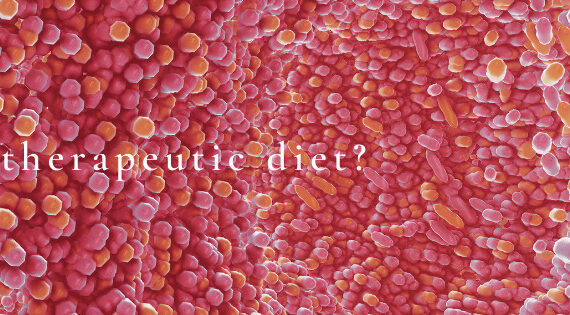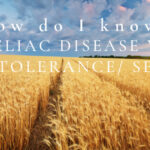FIVE THINGS TO KNOW ABOUT IBD
Inflammatory bowel disease (IBD) is a chronic condition that affects the gastrointestinal (GI) tract.
Here are five important things you should know about IBD:
- IBD affects millions of people worldwide: IBD is a global health issue, with an estimated 3 million people affected in the United States alone. The condition is found in people of all ages, although it is most commonly diagnosed in young adults between the ages of 15 and 35. (SOURCE)
- There are two types of IBD: Crohn’s disease and ulcerative colitis, and both can cause severe symptoms that significantly impact a person’s quality of life. Both are considered to be auto-immune diseases, which occur with an overactive immune system. Crohn’s disease can affect any part of the GI tract, from the mouth to the anus, but most commonly affects the small intestine and the beginning of the large intestine. It can cause inflammation that penetrates the full thickness of the intestinal wall and can result in a variety of symptoms such as abdominal pain, diarrhea, fatigue, weight loss, and malnutrition. Ulcerative colitis, on the other hand, affects the large intestine and the rectum. It causes inflammation that disrupts the inner lining of the intestinal wall and can lead to symptoms such as abdominal pain, bloody diarrhea, and urgency to have a bowel movement.
- In order to rule out IBD, you must be able to rule out both Crohn’s Disease and ulcerative colitis. When IBD is suspected, diagnostic work up should include both a colonoscopy and an upper endoscopy.
- While there is currently no cure for IBD, advances in medical treatment options have significantly improved the outlook for people with the condition. Medications such as steroids, other prescription anti-inflammatories, and biologics can help reduce inflammation and suppress immune system flare-ups. (SOURCE)
- In addition, lifestyle changes can help manage symptoms of IBD, such as certain dietary approaches, including the SCD, IBD-AID, or elemental diets, avoiding trigger foods, staying hydrated, and managing stress can help improve symptoms and quality of life for people with IBD. Complementary and alternative therapies such as probiotics, omega 3 fatty acids from fish oil, acupuncture, and herbal supplements – such as Curcumin, and Boswellia – may also be helpful for some people. (SOURCE)
It’s important to remember that with IBD, treatment is not all or nothing. Often patients come to me hoping to avoid taking prescription medications. Natural therapies work better for some patients than others. For instance, those with mild to moderate IBD have a better chance of disease control with nutritional interventions and supplementation. Those with moderate to severe IBD might require medication, in addition, to achieve successful remission. It’s important for people with IBD to work closely with their healthcare team to develop a personalized treatment plan that addresses their unique needs and goals.
As a naturopathic doctor specializing in gastroenterology, I use laboratory measures and clinical presentation to monitor and determine response to treatment. This can be helpful to determine whether we need to modify protocols to reach the most beneficial outcome for each individual.
Natural medicine can work very well to improve outcomes in IBD. Please contact Dr. Heather Buckle ND, FABNO if you have questions about integrative solutions for any gastrointestinal issues you may have. If you live in Washington state and would like to learn more about Dr. Buckle’s naturopathic approach to your wellness, please call (206) 643-2239 or CLICK HERE to schedule a consultation.






















No comments yet.